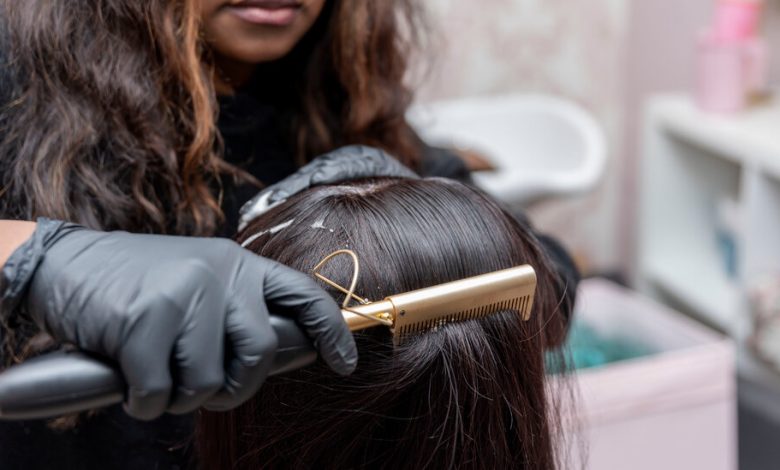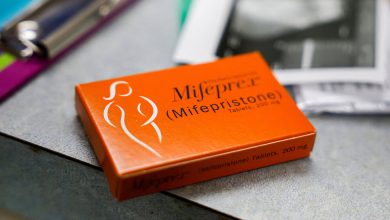F.D.A. Plans to Ban Hair Straighteners With Formaldehyde

The Food and Drug Administration has proposed banning hair-straightening products that contain or emit formaldehyde, more than a decade after the cosmetic industry’s own experts declared the products unsafe.
Frequent use of chemical hair straighteners has been linked to a possible increase in the risk of developing cancer of the uterus, which is also called endometrial cancer. Women who use the products often face more than twice the risk of those who do not.
Other studies have linked hair straighteners and dyes to breast and ovarian cancer. The agency’s scientists deemed formaldehyde to be a human carcinogen seven years ago, and its lawyers started drafting a proposed ban then.
Workers like embalmers who are exposed to high levels of formaldehyde have higher rates of myeloid leukemia and other rare cancers. The F.D.A. warns that immediate reactions can include irritation of the eyes and throat, coughing, wheezing or chest pain. Chronic or long-term problems include frequent headaches, asthma, skin irritation and allergic reactions.
The hair-straightening products are marketed largely to Black women. While rates of uterine cancer have been rising among all women in recent years, the increase has been steepest among women of color, including Asian and Hispanic women.
The agency’s proposed rule would ban formaldehyde and other formaldehyde-releasing chemicals from hair-straightening and hair-smoothing products marketed in the United States. The target date for the ban is April 2024.
Some treatments, including so-called keratin treatments, claim to be formaldehyde-free but contain a substance called methylene glycol, which converts to formaldehyde gas after coming in contact with air. (Scientists consider methylene glycol simply to be formaldehyde in a solution.)
The F.D.A. has always had the authority to ban a specific ingredient like formaldehyde, and it has removed about a dozen ingredients, including mercury compounds, from cosmetics.
But the industry went largely unregulated until last year, when Congress gave the F.D.A. oversight authority. The action was not related to the new authority, however, the F.D.A. said.
The expanded oversight does not mean that new products will typically undergo agency review before they are marketed to the public. But manufacturers of shampoo, nail polish, makeup and other items are now required to register their manufacturing sites with the F.D.A., and they are required to disclose the ingredients on the packaging.
The F.D.A. can also issue a mandatory recall of a cosmetic product if a serious health concern arises or a death occurs.
Controversy over formaldehyde in hair straighteners has persisted for years. The Environmental Working Group, an advocacy organization, petitioned the agency in 2011 and again in 2021 to ban hair products with formaldehyde.
F.D.A. lawyers started drafting rules for a proposed ban in 2016. But the process halted abruptly a few months later, and no explanation was given.
“The F.D.A. has known for decades now that these products are dangerous,’’ said Melanie Benesh, vice president for government affairs at the Environmental Working Group. “There is no reason for them not to have acted sooner.”
“This is the first public indication we’ve seen that they are planning to ban it in hair-straightening products,” Ms. Benesh added. The products pose a real risk of harm, she said, both to hair stylists regularly exposed to formaldehyde vapor while providing the treatment, as well as to customers receiving it.
The agency currently encourages consumers to read the labels of hair products before purchasing them and to avoid those that contain formaldehyde, formalin or methylene glycol. The agency urges consumers to ask hairdressers what products they are using and to report adverse reactions.





